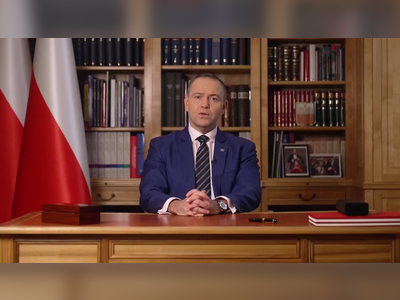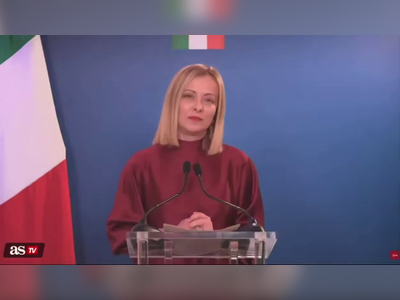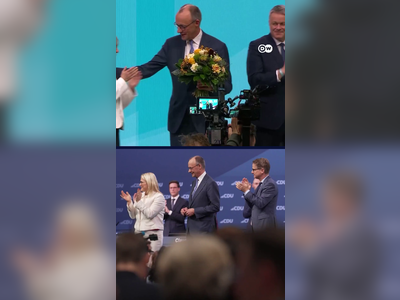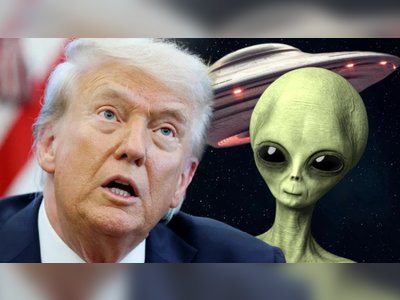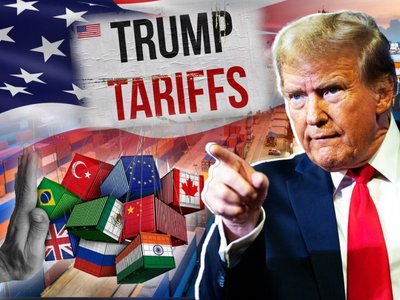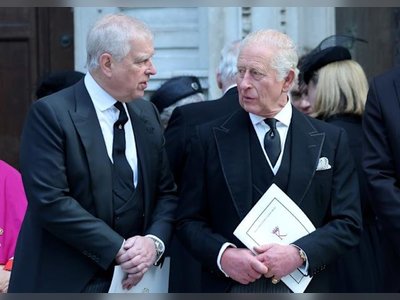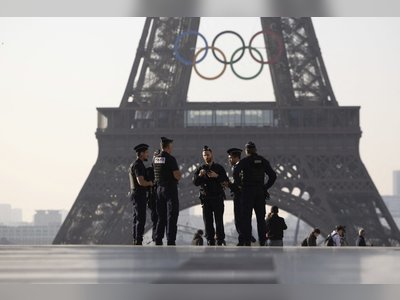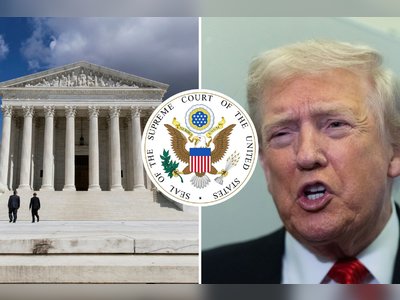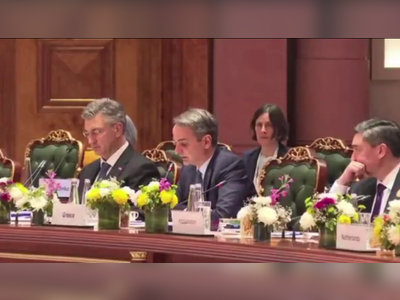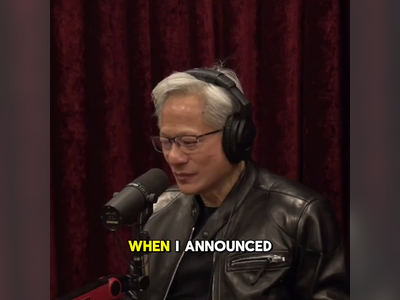Un delicato equilibrio: il ruolo dell'Italia tra le tensioni energetiche in Europa
Navigare tra interessi economici e complessità geopolitiche nella ricerca della sicurezza energetica
Mentre l'Unione Europea affronta la sua complessa e spesso controversa relazione energetica con la Russia, l'Italia si trova a un punto critico, bilanciando priorità economiche con dinamiche politiche regionali.
Sviluppi recenti hanno visto Lettonia e Lituania porre il veto a un accordo UE proposto per sanzionare l'energia russa, mettendo in luce una frattura tra pragmatismo economico e ideali politici.
Questo stallo, tuttavia, sottolinea una narrativa più ampia in cui l'Italia svolge non solo un ruolo di supporto, ma potenzialmente uno trasformativo.
La posizione geografica dell'Italia e gli investimenti infrastrutturali la rendono un hub strategico nel panorama energetico europeo.
L'interesse di Roma nel mantenere una fornitura energetica stabile è profondamente radicato sia nei legami storici che negli imperativi economici contemporanei.
Industrie dai giganti della moda di Milano ai leader automobilistici di Torino sono ancora intricatamente legate ai mercati russi, rendendo una separazione improvvisa economicamente impegnativa.
Eppure, l'Italia non può rimanere passiva.
La nazione sta attivamente avanzando la propria infrastruttura GNL per diversificare le importazioni energetiche e rafforzare la sicurezza energetica.
Inoltre, l'ambiziosa svolta dell'Italia verso le fonti di energia rinnovabile riflette una necessità duale essenziale: ridurre la dipendenza dai combustibili fossili russi e rispettare gli impegni ambientali di fronte ai cambiamenti climatici.
L'attuale blocco energetico dell'UE, esemplificato dal veto baltico, pone l'Italia in una posizione vantaggiosa per mediare.
Con la Polonia che attualmente detiene la presidenza dell'UE e favorisce sanzioni più severe, l'agilità diplomatica dell'Italia potrebbe risultare cruciale nel forgiare il consenso, attingendo dalla sua storia illustre nel navigare terreni politici complessi.
A livello globale, le poste in gioco geopolitiche continuano ad aumentare.
La discordia interna dell'UE è parallela alle manovre strategiche della Russia, come le modifiche alle norme di pagamento in rubli per garantire le forniture di gas, e alla cauta posizione geopolitica della Cina, che aggiunge un ulteriore strato di complessità.
Mentre questi attori internazionali sono impegnati in una partita a scacchi ad alto rischio, l'Italia deve decidere come proseguirà sul suo percorso energetico.
In sostanza, la futura strategia energetica dell'Italia potrebbe essere informata da un'adattabilità e una lungimiranza machiavellica, abbracciando una combinazione di resilienza, innovazione e diplomazia strategica.
Mentre gli italiani affrontano una nuova era di sfide energetiche, la domanda rimane: come orchestrerà l'Italia il suo ruolo in questa narrazione energetica in evoluzione, assicurando sia la stabilità nazionale che la coesione continentale?
La risposta potrebbe ben definire il suo posto in un mondo in rapido cambiamento.
Sviluppi recenti hanno visto Lettonia e Lituania porre il veto a un accordo UE proposto per sanzionare l'energia russa, mettendo in luce una frattura tra pragmatismo economico e ideali politici.
Questo stallo, tuttavia, sottolinea una narrativa più ampia in cui l'Italia svolge non solo un ruolo di supporto, ma potenzialmente uno trasformativo.
La posizione geografica dell'Italia e gli investimenti infrastrutturali la rendono un hub strategico nel panorama energetico europeo.
L'interesse di Roma nel mantenere una fornitura energetica stabile è profondamente radicato sia nei legami storici che negli imperativi economici contemporanei.
Industrie dai giganti della moda di Milano ai leader automobilistici di Torino sono ancora intricatamente legate ai mercati russi, rendendo una separazione improvvisa economicamente impegnativa.
Eppure, l'Italia non può rimanere passiva.
La nazione sta attivamente avanzando la propria infrastruttura GNL per diversificare le importazioni energetiche e rafforzare la sicurezza energetica.
Inoltre, l'ambiziosa svolta dell'Italia verso le fonti di energia rinnovabile riflette una necessità duale essenziale: ridurre la dipendenza dai combustibili fossili russi e rispettare gli impegni ambientali di fronte ai cambiamenti climatici.
L'attuale blocco energetico dell'UE, esemplificato dal veto baltico, pone l'Italia in una posizione vantaggiosa per mediare.
Con la Polonia che attualmente detiene la presidenza dell'UE e favorisce sanzioni più severe, l'agilità diplomatica dell'Italia potrebbe risultare cruciale nel forgiare il consenso, attingendo dalla sua storia illustre nel navigare terreni politici complessi.
A livello globale, le poste in gioco geopolitiche continuano ad aumentare.
La discordia interna dell'UE è parallela alle manovre strategiche della Russia, come le modifiche alle norme di pagamento in rubli per garantire le forniture di gas, e alla cauta posizione geopolitica della Cina, che aggiunge un ulteriore strato di complessità.
Mentre questi attori internazionali sono impegnati in una partita a scacchi ad alto rischio, l'Italia deve decidere come proseguirà sul suo percorso energetico.
In sostanza, la futura strategia energetica dell'Italia potrebbe essere informata da un'adattabilità e una lungimiranza machiavellica, abbracciando una combinazione di resilienza, innovazione e diplomazia strategica.
Mentre gli italiani affrontano una nuova era di sfide energetiche, la domanda rimane: come orchestrerà l'Italia il suo ruolo in questa narrazione energetica in evoluzione, assicurando sia la stabilità nazionale che la coesione continentale?
La risposta potrebbe ben definire il suo posto in un mondo in rapido cambiamento.
Translation:
Translated by AI
AI Disclaimer: An advanced artificial intelligence (AI) system generated the content of this page on its own. This innovative technology conducts extensive research from a variety of reliable sources, performs rigorous fact-checking and verification, cleans up and balances biased or manipulated content, and presents a minimal factual summary that is just enough yet essential for you to function as an informed and educated citizen. Please keep in mind, however, that this system is an evolving technology, and as a result, the article may contain accidental inaccuracies or errors. We urge you to help us improve our site by reporting any inaccuracies you find using the "Contact Us" link at the bottom of this page. Your helpful feedback helps us improve our system and deliver more precise content. When you find an article of interest here, please look for the full and extensive coverage of this topic in traditional news sources, as they are written by professional journalists that we try to support, not replace. We appreciate your understanding and assistance.

